Finances
10 reasons not to refinance your home
Is refinancing your home right for you? Here are 10 compelling reasons why you might want to think twice when refinancing your home. Keep reading!
Advertisement
Why refinancing your home is not always the best option
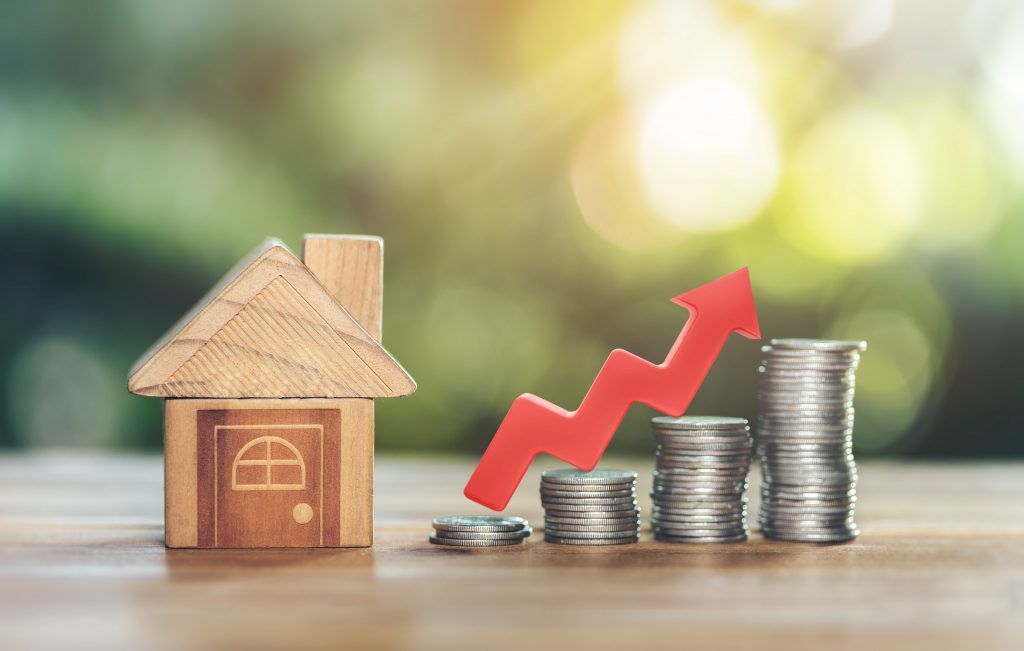
Is refinancing your best option? We’ll look at the top 10 reasons not to refinance your home and help ensure you make the best financial decision for your situation.
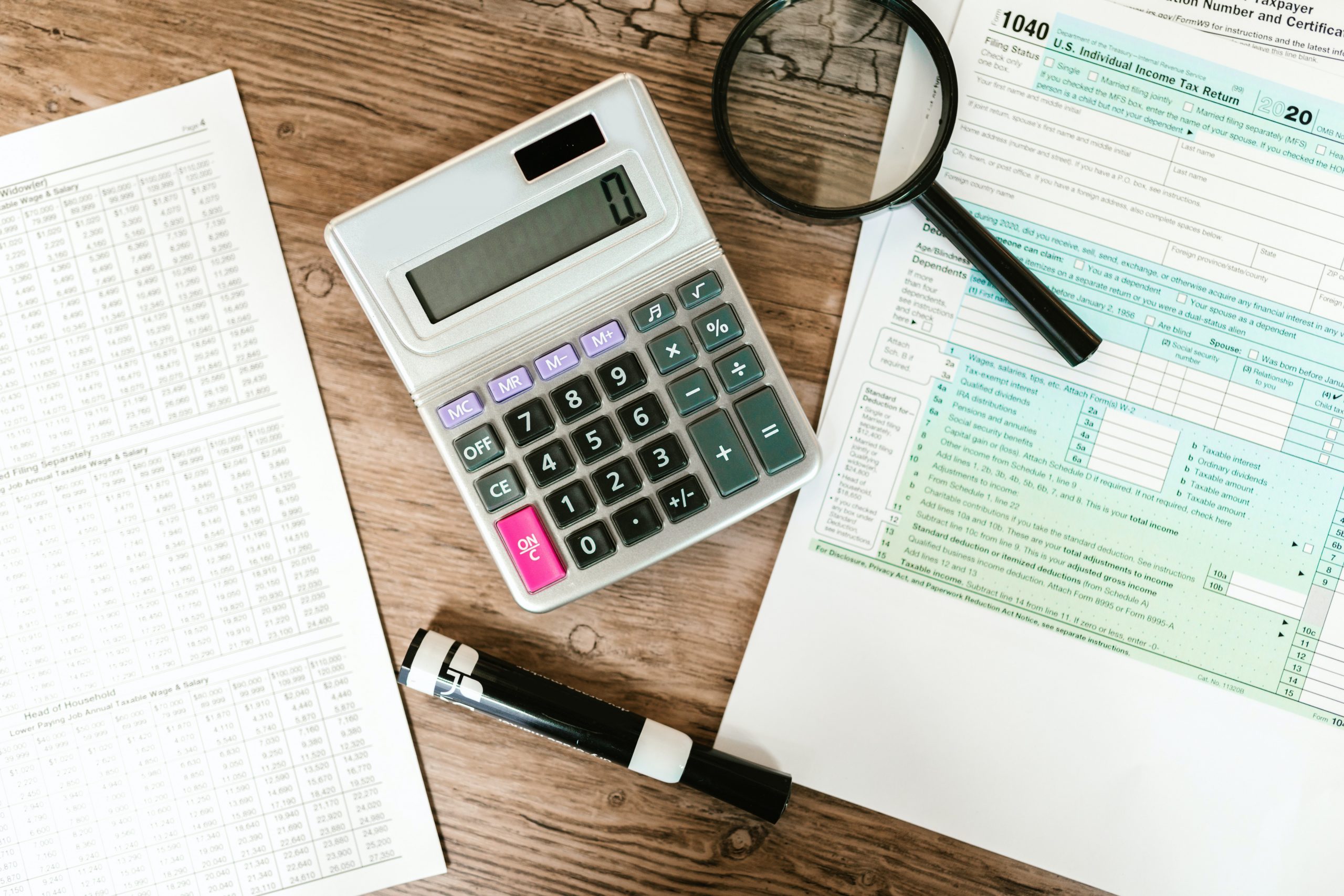
How to get low interest rates on loans
Here's a complete guide on how to get low interest rates on loans. Keep reading to find out more and learn how to save money!
There are risks involved in refinancing that could leave you worse off. Do you want to know what risks? Keep reading!
10 reasons you shouldn’t refinance your home
Refinancing your home can be a great way to save money in the long run. But it isn’t always the best option.
Why should you think twice before doing it? Here are 10 reasons why you shouldn’t refinance your home.
You will be redirected to another website
By submitting this form, I agree that I am 18+ years old and I agree to the Privacy Policy and Terms and Conditions. I also provide my signature giving express consent to receive marketing communications via automated emails, SMS or MMS text messages and other forms of communication regarding financial products such as credit card and loans. Message frequency varies and represents our good faith effort to reach you regarding your inquiry. Message and data rates may apply. Text HELP for help or text STOP to cancel. I understand that my consent to receive communications is not a condition of purchase and I may revoke my consent at any time.
1. Higher long-term costs
Refinancing may come with higher long-term costs than originally anticipated.
It’s important to consider all the associated fees, including an origination fee, appraisal fee, title search fee, and more.
These fees can add up quickly and might not be worth it. Especially if you don’t save enough each month or will have a longer break-even period than expected.
2. Having a bad credit score
If your credit score is too low, refinancing may not be an option. This is because of the higher interest rates or other restrictions.
Lenders typically want borrowers with good credit scores because they are more likely to repay their loans on time and in full.
However, if your credit score isn’t quite where you’d like it to be, there are ways to improve it over time, such as:
- Getting a secured card;
- Keeping your debt-to-income low;
- Making payments on time;
- Consolidating debts.
Doing one of these things makes you more likely to fix your score and not end up in more debt.
3. You can’t pay the closing costs

Another reason you should think twice about refinancing is if you can’t afford the closing costs associated with doing so.
Closing costs typically include an origination fee, appraisal fee, title search fee, and other miscellaneous charges.
They can add up quickly and make refinancing out of reach for some people. If you can’t afford to refinance, wait until you have saved enough money.
4. A longer break-even period
The break-even period is the time it takes for the savings from refinancing to exceed the costs associated with closing.
This could take years, depending on how much you save each month and how much it costs to close.
In some cases, it might not be worth refinancing if you won’t see a return on your investment for several years.
5. To reduce monthly payments
Another reason why refinancing isn’t always the best option is if your goal is to reduce your monthly payments.
It won’t work without reducing your overall debt load or interest rate significantly enough to make sense in the long run. It won’t work.
Reducing monthly payments without reducing debt or interest rates could mean paying more in interest over time instead of less.

8 tips on how to make the most from refinancing
Here is a list of the eleven most important things you need to do before applying for a mortgage. Keep reading!
6. You could end up owing more money than you currently do
If you refinance your home for a higher loan amount than what you currently owe, you will end up owing more money to the bank.
This may not be a problem if you plan on selling your home shortly and can pay off the loan in full.
However, if you do not have a solid plan for how to repay the loan, you could end up in financial trouble.
7. You may not be eligible for certain programs or benefits
If you have a government-backed loan, such as an FHA or VA loan, there is a chance that you may not be eligible for certain programs or benefits if you refinance.
For example, suppose you have an FHA loan. In that case, you may not be able to take advantage of the streamlined refinance program.
It often offers reduced paperwork and lower rates for qualified borrowers.
8. You don’t need more money to invest
If you don’t need the extra money that refinancing would provide, then there is no point in doing it.
Refinancing for more money than you need is simply a waste of time and effort.
Consider what other investments or savings accounts you could use instead of refinancing your home, and try to stick with those options if possible.
9. Adjustable rate mortgage vs. fixed rate mortgage

If you have an adjustable-rate mortgage (ARM), switching to a fixed-rate mortgage may seem logical.
However, ARMs can often offer lower interest rates than fixed-rate mortgages.
So think carefully about which type of loan will work best for your financial situation before making any decisions.
10. Longer loan term
Finally, when you refinance your home loan, you may extend its term to get a lower monthly payment or interest rate.
This means that while your monthly payments might be lower now, they may stay at that level for longer than they would have under the original agreement.
So make sure this works with your budget and overall long-term goals before signing anything.
Bottom line
All in all, refinancing isn’t always as easy as people think.
Many factors need careful consideration before making any decisions about whether or not it’s right for them.
Homeowners should weigh the pros and cons of refinancing their home loans to make an informed decision.
Finally, it is important to consider your circumstances before making a financial decision.
Keep reading to understand a little more about mortgages and the fees associated with them.
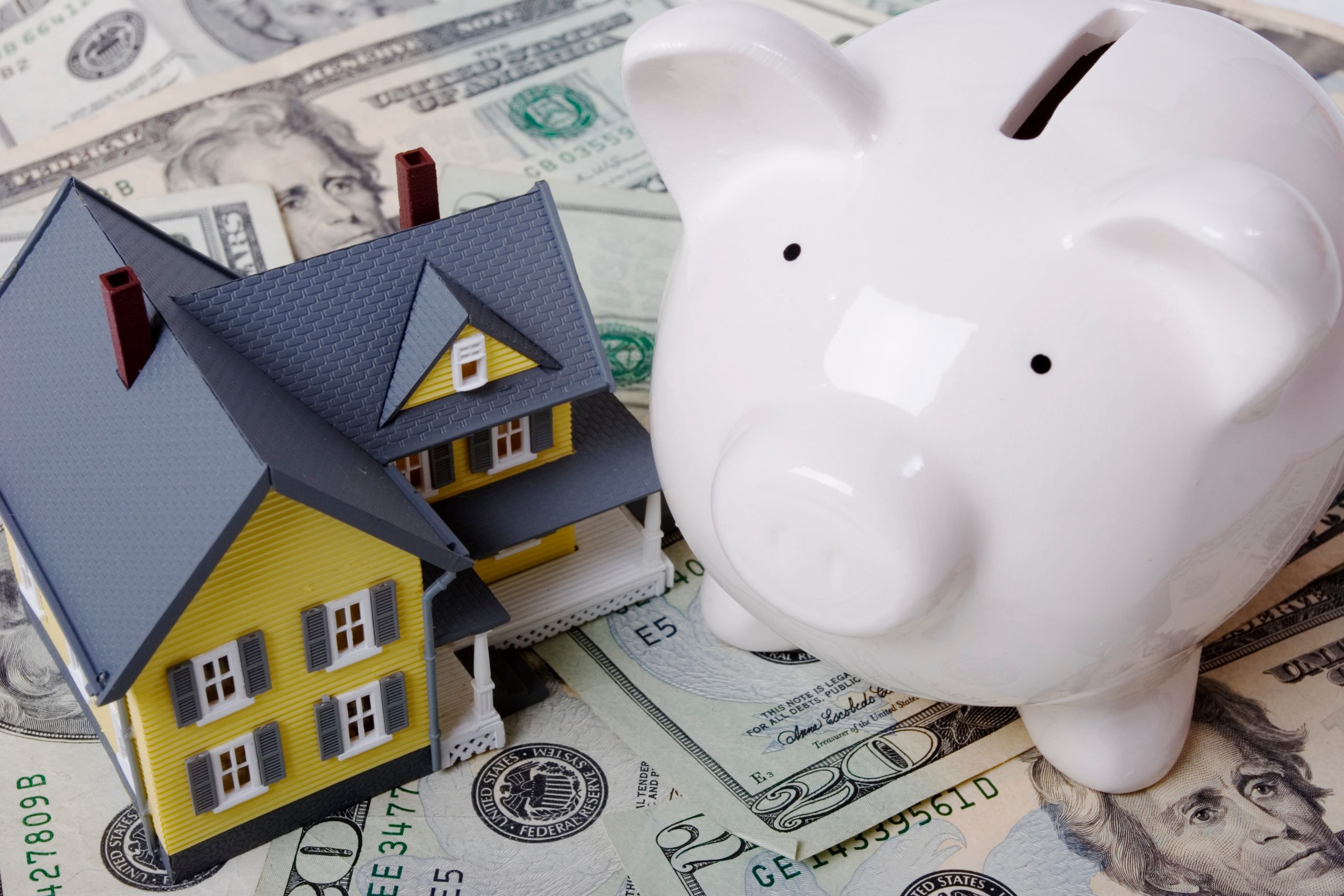
Things you need to do before a mortgage
Getting money to buy a house is a big commitment. Make sure you're fully prepared by ticking off the things you need to do before applying for a mortgage. Read on!
Trending Topics
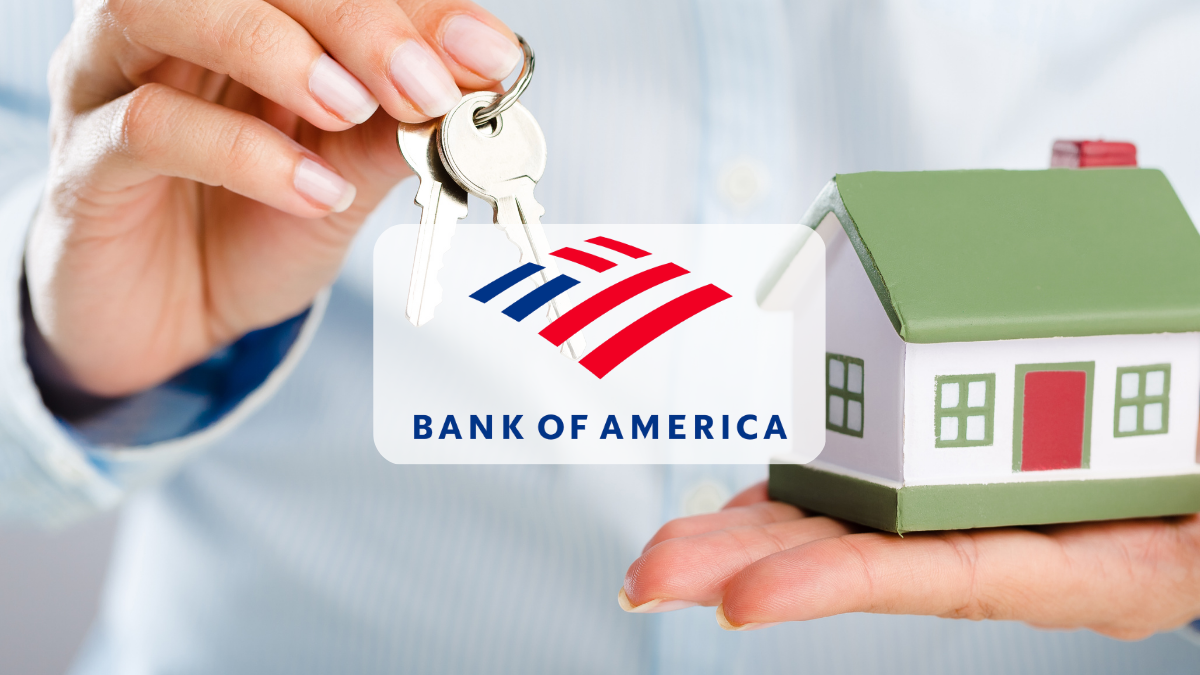
Bank of America Mortgage review: how does it work and is it good?
This comprehensive Bank of America Mortgage review delves into the details, including loan types and fees. Enjoy flexible rates and terms!
Keep Reading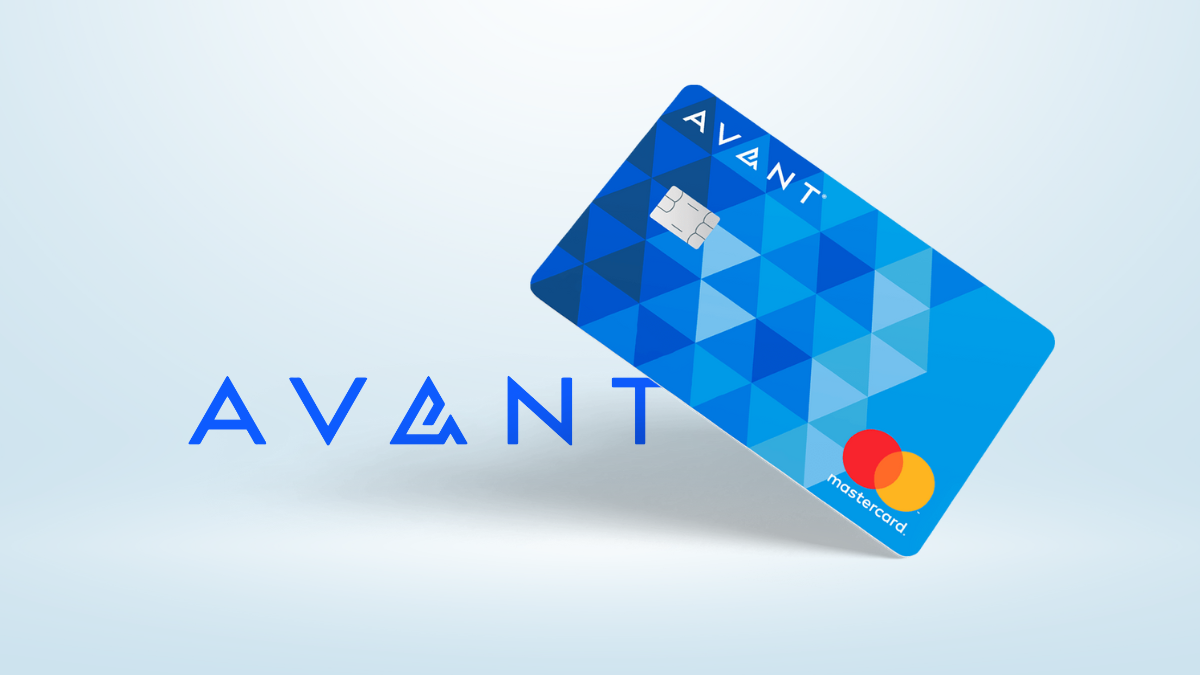
Achieve your goals easily: Avant Credit Card review
Want to build your credit without confusing rewards? Check out our review of the Avant Credit Card - the simple solution for better credit.
Keep Reading
A major drop and stablecoin collapse cause a wild week among cryptocurrencies
In the past week, the prices of Bitcoin and other cryptocurrencies have seen major dips while a stablecoin has taken a plunge.
Keep ReadingYou may also like

Life Loans review: how does it work and is it good?
Read our Life Loans review and find out if it's right for you! This lending platform will help you find the perfect lender. Read on!
Keep Reading
First Progress Platinum Elite Mastercard® Secured Credit Card review
Ready to start improving your credit? The First Progress Platinum Elite Mastercard® Secured Credit Card is a good way to get started!
Keep Reading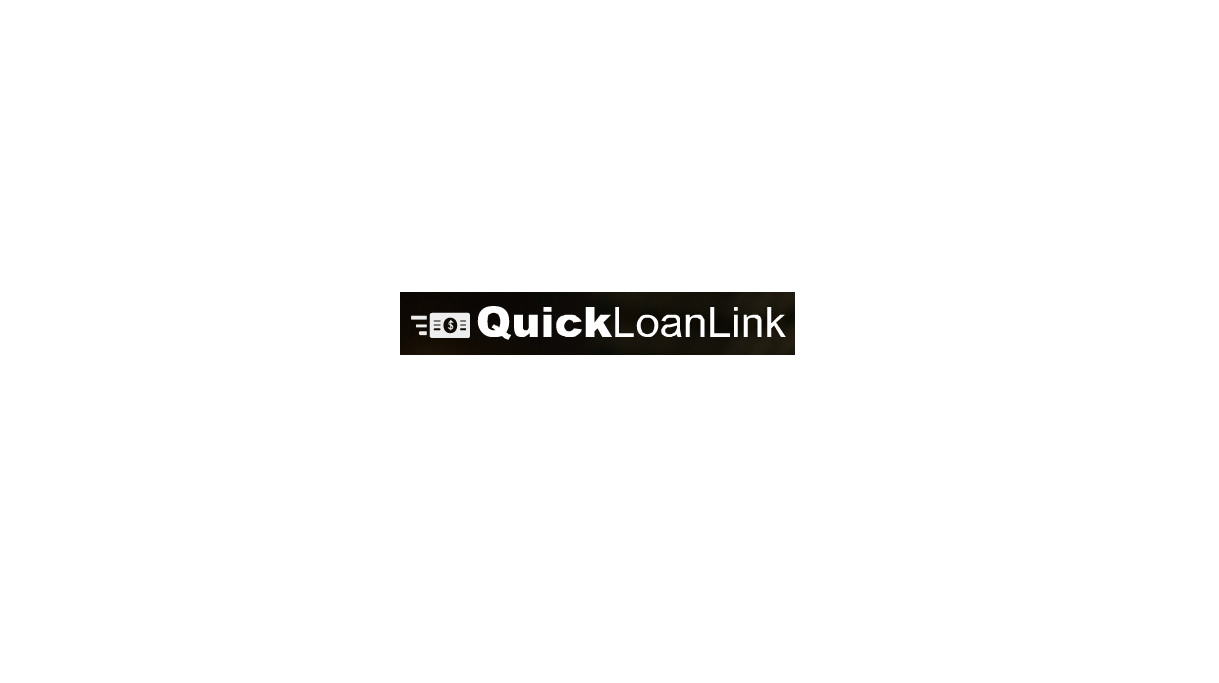
Learn to apply easily for QuickLoanLink
Are you looking for a loan to help with an emergency? Read our post to learn how to apply for QuickLoanLink!
Keep Reading